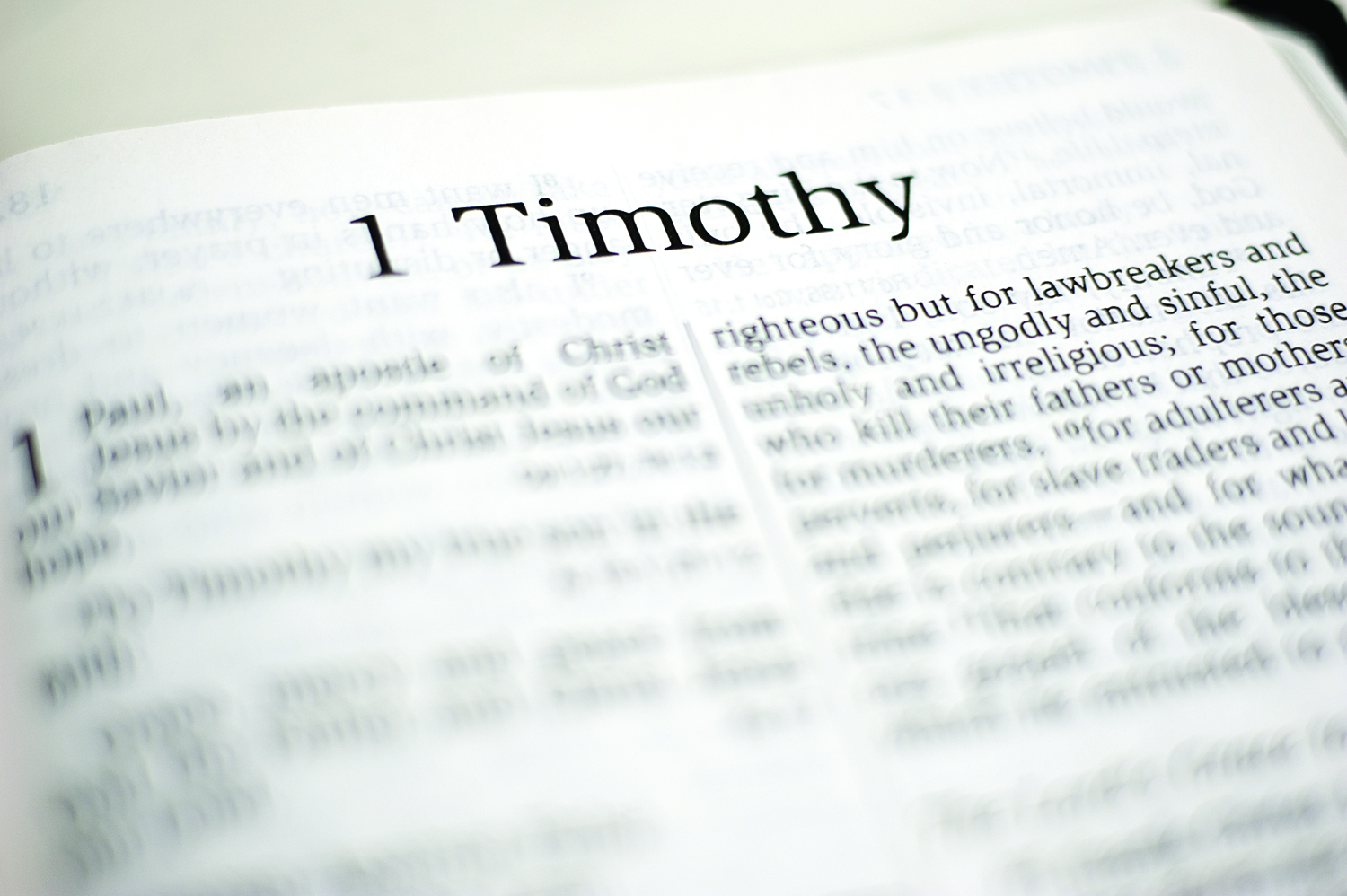By Staff, Louisiana College News
PINEVILLE — Biblical Studies major Jeffrey Breaux represented Louisiana College this spring in a worldwide effort to examine and transcribe select New Testament manuscripts of 1 Timothy.
Breaux — who recently won academic awards for his achievements in both Hebrew and Greek — said, “This is a rare opportunity for me as an undergraduate student because work like this is typically done at the graduate level.”
More than 60 universities and colleges worldwide participated in the collaborative effort among students and their scholastic mentors.
“The opportunity to work with scholars and students all over the world on this project is both a blessing and a privilege,” said Dr. Justin Langford, assistant professor of Christian Studies. “Students can deepen their knowledge of textual criticism by sitting under the instruction of top scholars in the field.”
Breaux, from Morgan City, was assigned several Greek manuscripts from 1 Timothy for transcription, and was mentored by Langford.
“Believe it or not, there are still some Greek manuscripts of the New Testament that have not been thoroughly examined or included in electronic databases,” Langford said.
The 1 Timothy project is sponsored by the Green Scholars Initiative (GSI), which is part of the Museum of the Bible, a 430,000 square-foot facility due to open in 2017 in Washington, D.C.
The president of Hobby Lobby, Steve Green, established the museum that will house one of the largest private collections of rare biblical artifacts known as the Green Collection.
The museum’s website states that the Museum of the Bible “supports scholarship and academic research through the Scholars Initiative, which brings together established and young scholars to pioneer groundbreaking research” on items in the museum’s collection.
“Participating in the GSI opened my eyes to broader fields of studying the Bible,” Breaux said. “The work I did for this project will follow me as a student as I perform exegesis. Overall, I am benefiting by being stretched into a new, relevant field of study.”
Breaux completed his work using an online digital editor, and under the auspices of the Institut für Neutestamentliche Textforschung (Institute for New Testament Textual Research or INTF), which is part of Westfäliche Wilhelms-Universität in Münster, Germany.
The INTF has long been the central hub for research on the New Testament text, and the purpose of this institute — in addition to research — is to produce the major critical editions of the Greek New Testament that scholars and students use today: the United Bible Society’s 5th edition and Nestle-Aland’s 28th edition.
“The transcription process includes careful observation of a manuscript and editing a Greek text to look identical to the manuscript,” Breaux said. “In other words, if there is a line break, column break, spelling difference, additional word, or any other difference between the text and the manuscript, it must be edited. All of these notes will be placed into a database and used in the future as Greek scholars work toward a new edition of a Greek New Testament.”
Studying textual criticism and applying that study through working with manuscripts is “important for the church in explaining what a variant is,” Breaux said, “and for the sake of defending the Bible for its accuracy as it has been passed down through generations for thousands of years.”





